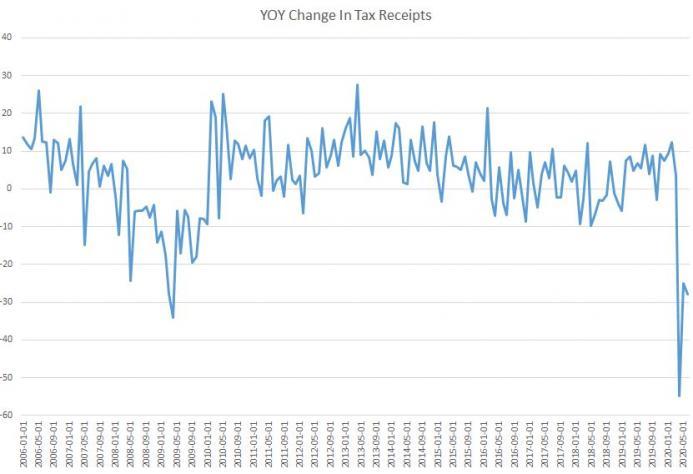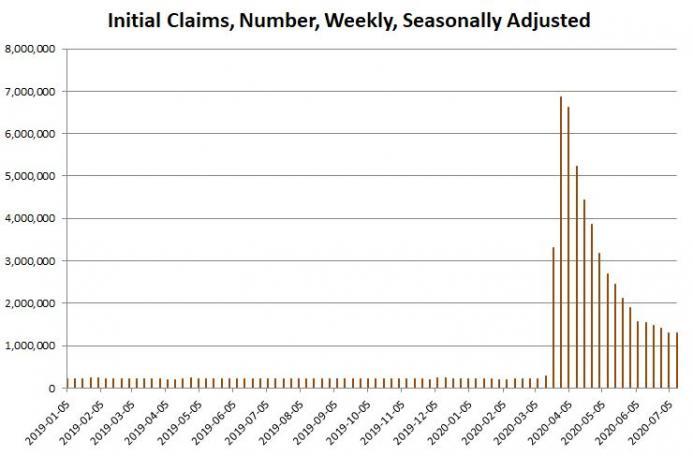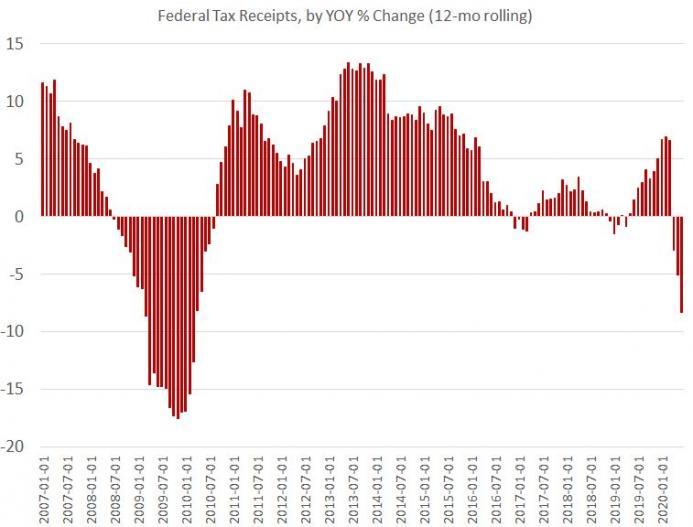[1.] Late last month, Campus Reform (Michelle Weston) reported:
An Instagram post from the University of California, Irvine Law Admissions page sparked outrage because it spotlighted the Federalist Society, a campus organization that is “a group for people of all ideological backgrounds,” as stated in the post description. Comments under the post include students saying that the timing of the spotlight was “extremely tone-deaf” and “ill-timed” due to claims that the Federalist Society “stands with the establishment and the oppression of the marginalized.”
Commenters referred to the Federalist Society as “racist, sexist, white lawyering,” and “anti-Black, anti-LGBTQ, and fascist.”
The Federalist Society national organization describes itself as “a group of conservatives and libertarians interested in the current state of the legal order,” that “is founded on the principles that the state exists to preserve freedom, that the separation of governmental powers is central to our Constitution, and that it is emphatically the province and duty of the judiciary to say what the law is, not what it should be.”
After receiving online backlash, UCI Law Admissions issued an apology the following day in another Instagram post for “the timing of the post” and addressed concerns that the comments had been disabled at some point after its posting.
“In our desire to continue to highlight different student organizations each week, we highlighted UCI’s Federalist Society,” read the post. “We do not edit a student group’s self-description. We apologize both for the timing of the post and for disabling comments. We appreciate the members of our community who reached out to us, and welcome conversations with any student or groups of students. You spoke, we will continue to listen, and we will take affirmative steps to evaluate how best to manage this account, keeping your concerns in mind.”
Chapter leaders of the Federalist Society later received a letter from the Student Bar Association, offering an explanation for public condemnation of the post. The SBA wanted to ensure members that they did not mean to make the group “feel divided from our student body” or “to indicate that the Federalist Society should not have been featured on the UCI Law Admissions page” but that they only wanted to “call attention to the fact that admissions handled the timing of the post, and subsequent feedback, poorly.”
The SBA shared that it had “received ample comments from students who support you as an organization and feel that their voices have been minimized.”
This struck me as a bad sign about things at UC Irvine. A law school’s job is to train future lawyers. Lawyers need to be able to understand and respond to a wide range of opinions, and to do that they need to be exposed to those opinions, and participate in debating about those opinions thoughtfully and substantively. That is especially so when those opinions are mainstream views that are held by at least a substantial minority of people, and indeed sometimes by local or national majorities. Even when students are certain of their own views, and want to be advocates for what they see as righteous causes, how can they be good advocates if they’ve never had to squarely confront the views that are held by many judges, jurors, legislators, regulators, and voters?
Given the left-wing ideological skew of most top law schools, especially in California—and there is such a skew, whether you think it’s right or wrong—Federalist Society chapters are tremendously important to providing this sort of rich debate. Apologizing for including the Federalist Society’s mission statement and noting the Society’s presence on campus sends completely the wrong message, not just to Federalist Society members but to other students as well. And of course the explanation that it just has to do with “the timing of the post” doesn’t change matters: If the school is reacting to people’s claims that the Federalist Society is “racist, sexist, … and fascist,” then what, in the school’s view, would be the right “timing” to promote such a group?
I don’t think there’s any First Amendment violation here: I don’t think the school has an obligation to promote student groups on the school’s own Instagram account, and students are of course free to express their own views about other student groups. I just think it’s bad legal education.
[2.] This having been said, I was glad to hear that this week the law school’s dean (Song Richardson) spoke out about this (at an online Town Hall meeting Tuesday). She didn’t respond specifically to the admissions office’s apology, which is too bad in my view; but she wrote me to say,
Thank you for reaching out. I was planning to reach out to you earlier, but didn’t want to do so until I had a student town hall, which just occurred.
My colleagues and I treated this as a teachable moment about the importance of maintaining an environment where we can have respectful debate on important and controversial subjects, and not ideological conformity.
I also made it clear to the students that I welcome the federalist society and that we must have a culture where its members feel free to express themselves and feel a part of our community as much as the members of any other student organization. I also stressed the importance of learning to listen to ideas that they disagree with and learning to persuade others who hold opinions and beliefs that are different from their own. This is an essential skill for lawyers to have, and fundamental to our liberty and democracy.
And a UCI Federalist Society member who listened in to the Town Hall had a similar account:
[H]ere is an update on the town hall Dean Richardson conducted moments ago. She disabled the public chat so she could give a statement uninterrupted, then concluded the meeting.
She gave an excellent statement about the situation on campus, condemning the “silencing,” “bullying,” “shaming,” and other “unprofessional behaviors” toward faculty and fellow students. She said, “Candidly, some of you have not lived up to UCI’s values.”
She spoke about the need for “dignity, courtesy, and respect” generally, and she brought up several “unprofessional” moments recently both related to the Federalist Society and other controversial situations at UCI Law. She said that “if you want the freedom to express your ideas but you seek to silence others’ views, that is the definition of hypocrisy.” She doubled down later, saying, “If you live your values only when it’s convenient, only when it’s easy, or only when it benefits you, then your commitment to those values is not real…. It is nothing more than shallow window dressing.”
Specifically addressing the reaction to the Federalist Society, she condemned the “bullying,” “shaming,” and “name-calling,” both on social media and in the town hall, committed “against students who have done nothing more than join a student organization.” She clarified that she made a deliberate choice to listen and not respond during her previous town hall so as to allow students to express their frustration and “let it out.” She said she was disappointed by the unprofessionalism exhibited by some students. She cautioned not to take her deliberate choice to listen and not respond as evidence that she condones the “unprofessional comments,” because, she said, “I do not.” She stated plainly, “I hope the Federalist Society continues to exist at UCI Law.”
She made no specific references to accusations of white supremacy or the like, but she generally reaffirmed the school’s commitment to and appreciation of opposing viewpoints, adding that bad ideas should be combated with debate and respectful dialogue, not shaming, silencing, or “wishing them away.” She encouraged us to treat each other with dignity, courtesy, and respect while also not avoiding hard conversations.
How all this will play out in the months and years to come is anybody’s guess. But I thought I’d pass along the details of the law school’s actions, both the bad and the good.
from Latest – Reason.com https://ift.tt/2CGnGGK
via IFTTT








